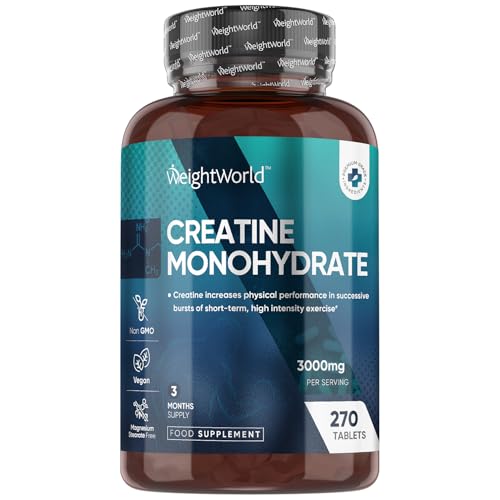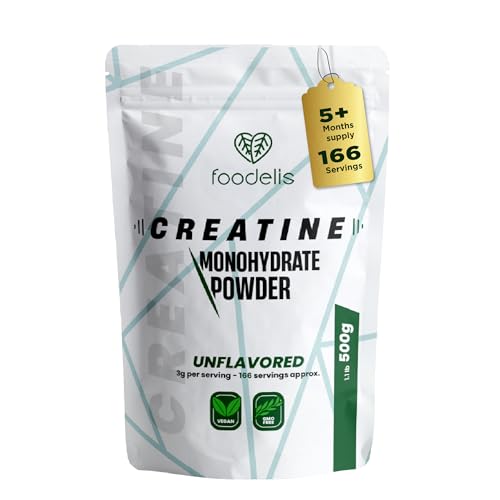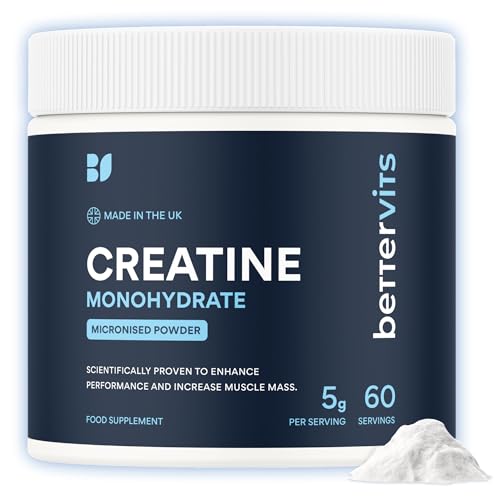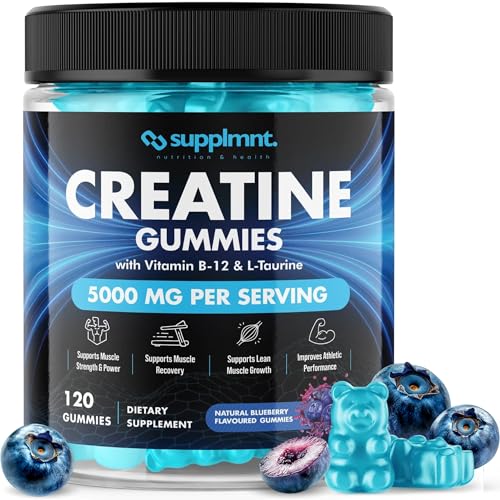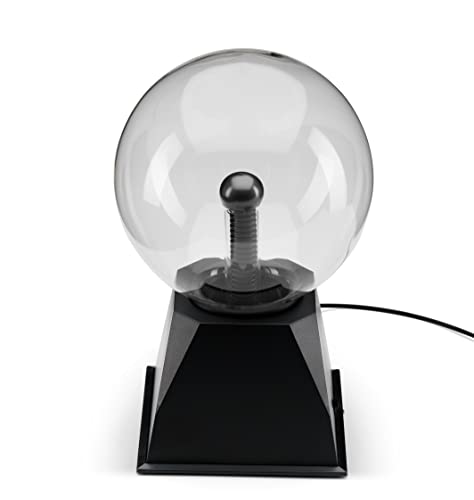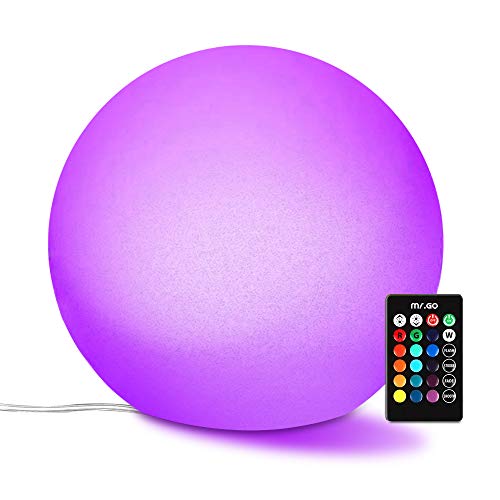Understanding Creatine: What It Is and How It Works
What is Creatine?
Creatine is a substance that our bodies naturally produce from amino acids. It primarily resides in our muscles and plays a crucial role in producing energy during short bursts of intense physical activity, like weight lifting or sprinting. When we perform exercises demanding quick energy, creatine gets converted into adenosine triphosphate (ATP), which fuels our muscles. So, by supplementing with creatine, we can enhance muscle energy availability.
How Does Creatine Work?
When we take creatine supplements, the levels of creatine stored in our muscles increase. This elevation allows us to perform better during high-intensity activities by providing more immediate energy. Furthermore, creatine also helps increase water content in muscle cells, making them appear fuller and potentially fostering muscle growth. In simpler terms, creatine acts like a turbo boost for our muscles, enhancing their efficiency during workouts.
Benefits of Creatine: Boosting Performance and Recovery
Enhanced Physical Performance
One of the key benefits of creatine supplementation is its ability to improve physical performance. Athletes and fitness enthusiasts often notice increased strength, endurance, and power output in activities such as sprinting, weight training, and high-intensity interval training (HIIT). Many studies suggest that creatine can lead to noticeable improvements in strength and muscle mass over time.
Faster Recovery
Creatine does not only improve performance; it also aids in recovery. After intense workouts, our muscles experience microtears that need repairing, and creatine can help in this process. It reduces muscle soreness and inflammation, allowing us to feel ready to workout sooner. If you’re trying to train harder and more frequently, faster recovery is a game-changer.
Choosing the Right Creatine: Types and Forms Explained
Different Types of Creatine
Several types of creatine are available on the market, but the most popular by far is creatine monohydrate. It’s well-studied, effective, and often the most cost-efficient option. Other forms include creatine ethyl ester and buffered creatine, which claim to have better absorption rates. However, for most individuals, sticking to creatine monohydrate is recommended as it has been shown to be highly effective in numerous studies.
Powder vs. Capsules
Creatine generally comes in two main forms: powders and capsules. The powdered form is the most common and can be easily mixed with water or your favourite beverage. Capsules, on the other hand, offer convenience for on-the-go individuals but may require taking several pills to meet the usual dosage. Choosing between the two largely depends on personal preference, but powders tend to offer more flexibility.
How to Use Creatine Effectively: Dosage and Timing
Recommended Dosage
To reap the benefits of creatine effectively, we should follow a recommended dosage plan. A typical approach involves a loading phase of approximately 20 grams daily for about 5-7 days, divided into 4 servings. After this, we can switch to a maintenance dose of around 5 grams per day. However, some prefer skipping the loading phase and starting directly with the maintenance dose, which is also effective, albeit with slower results.
Timing Your Intake
While the precise timing of creatine intake can be subject to debate, many experts recommend taking it around workout times. Consuming creatine post-workout, combined with a source of carbohydrates and protein, may enhance uptake by muscles. However, consistency is key, so it’s best to find a timing routine that fits comfortably into our daily schedule and stick to it.
Creatine Myths: Debunking Common Misconceptions
Myth: Creatine Causes Weight Gain
One common myth surrounding creatine is that it leads to significant weight gain. While it’s true that the initial phase may cause some water retention in muscles, this is not body fat. Rather, it’s a temporary weight increase as muscles hold onto extra water to support increased creatine levels. Over time, increased muscle mass can also contribute to weight gains, which is generally perceived as a positive outcome for those looking to enhance their athletic performance.
Myth: Only Bodybuilders Should Use Creatine
Another myth suggests that creatine is only for bodybuilders or elite athletes. In reality, anyone involved in high-intensity activities can benefit from creatine supplementation. Whether we’re hitting the gym a few times a week, participating in team sports, or engaging in competitive sprinting, creatine can provide valuable performance support for a wide range of fitness levels.
